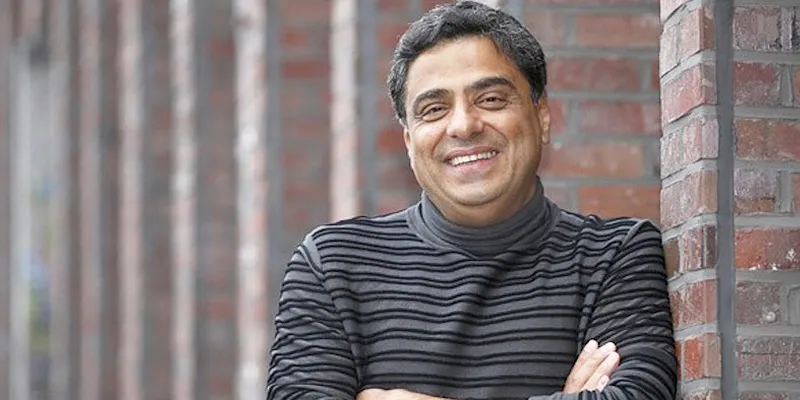Ronnie Screwvala speaks up on startup layoffs, says investor pressure at fault
Pressure from investors is the root cause of startups being pushed to the wall as they are being forced to scale up operations too fast, says media entrepreneur and UTV Group founder Ronnie Screwvala. "Several startups have had to scale back operations lately. It is not an ecosystem issue, but plain silly investor pressure to have a multi-city strategy that is creating these problems," Screwvala, who is now leading seed fund Unilazer Ventures, told PTI.

The startup space has been attracting billions of hot money from scores of PE firms and other foreign investors like SoftBank of Japan and Chinese online retailer Alibaba, jacking up values within months. A whopping USD 14 billion got pumped into the country's startups in 2015, though the tap has not yet turned dry, but this year it has started declining and hovers around USD 13 billion to date.
In the last few weeks, several startups, including restaurant discovery platform Zomato, food ordering platform TinyOwl, and online real estate portal Housing.com, have attracted bad press for sacking hundreds of their employees and pulling back operations. While Zomato confirmed it is laying off 300 as of last month, Housing.com let go of more than 200 recently.
TinyOwl has also fired employees, shrunk its operations, and is restructuring the business model. The agitated employees of TinyOwl had reportedly even took its chief executive hostage for a couple of days, demanding unpaid wages. "It is investors who stress on the growth plan and multi-city strategy knowing fully well that you have 29-year-olds out there who have never started an organization before. And now, you want them to run a pan-India structure. Even a Hindustan Lever took 50 years to do this," Screwvala said.
Screwvala, however, stressed that it is only a minor problem and not an ecosystem problem and "there is nothing to react". "There will be news of 20 to 50 more such companies in the next few years. It is, however, not an ecosystem problem. It does not mean they shouldn't scale up," he said.
"You have got to think of your ideas at scale, and that is a unilateral point of view. This doesn't mean that a boutique operation isn't great, but you have got to define your particular scale," he said. "Zomato has a phenomenal model, and they really thought big. But some investors would have forced them to do some multi-city approach and that led to their failure," he explained.
While this has been bad publicity for many of these startups, he said this doesn't signal that the companies would go burst. "Customers are only concerned about services. If a company can retain that it should not matter," he said.
On valuations, he said there will always be aberrations, and anything that reaches a limit will be a problem. "In the e-commerce business, Amazon has doubled its valuation in the last four months; what it hasn't done in the last eight years. What's the logic to that? But is everyone in America is a fool? I don't think so," he said.
Read More :
Ronnie Screwvala – the man who doesn’t like to be labelled
Screw failure, just stay the course – 10 startup tips from Ronnie Screwvala
Think of ‘fail fast’ as ‘learn & adapt fast’: startup lessons from Ronnie Screwvala







